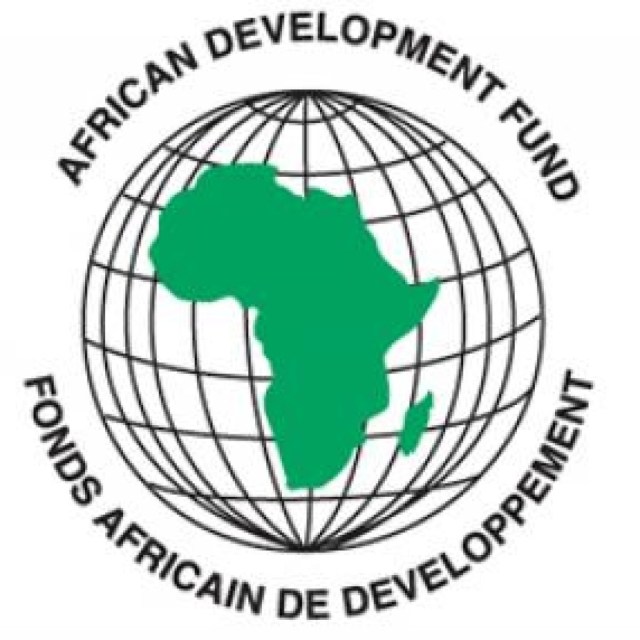BY NKECHI NAECHE (WASHINGTON DC)—-The World bank on Friday said that issue of debt vulnerability in Sub- Saharan Africa can be address with a stronger tax revenue mobilization.
Abebe Aemro Selassie Director of the Africa Department IMF, disclosed this during a press briefing for Africa on the sideline of ongoing World bank and IMF spring meeting in Washington DC that stepping up revenue collections would allow Sub-Saharan African countries to make progress towards their sustainable development goals, while preserving fiscal sustainability.
He said that most countries in the region have considerable potential to collect higher revenue, adding that despite substantial progress in revenue mobilization over the past two decades, Sus- Saharan Africa has the lowest revenue-to-GDP ratio.
“By our estimates, countries in Sub-Saharan Africa could mobilize between 3 to 5 percent point of GDP in additional tax revenue.”
Achieving this he said would require strengthening VAT systems, streamlining exemptions and broadening the tax base.
The IMF director also urged Sub-Sahara Aftica to tap opportunity afforded by current favorable external conditions by taking domestic steps to reduce macroeconomic vulnerabilities and raise medium -term growth potential.
He also listed three priority areas such as sustained and inclusive growth requires a stable macroeconomic environment.
He noted that fiscal policy need to strike a balance between debt sustainability and ensuring adequate space for key infrastructure and priority social spending.
He said “Our macroeconomic policy advice and supportive reforms are tailored to each country’s structural characteristics and cyclical positions.
He explained that oil exporting countries need to continue to forcefully implement their fiscal consolidated plans and advance economic diversification, taking advantage of the respite provided by the recent pickup in commodity prices.
He further said that oil exporting countries which in some cases have been sustaining growth on the back of large public investment outlays- often resulting in debt accumulation-need to reduce fiscal imbalances and accelerate reforms to facilitate the private sector taking over as the engine of growth.














